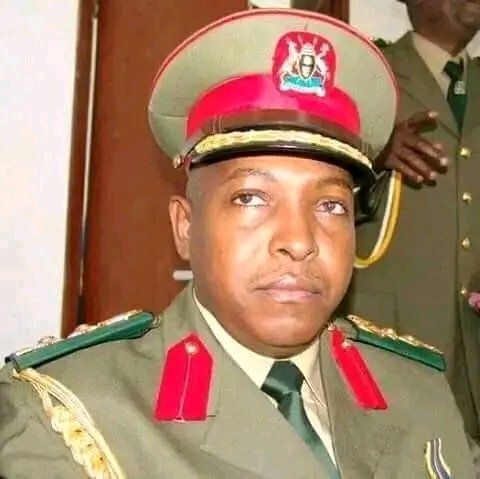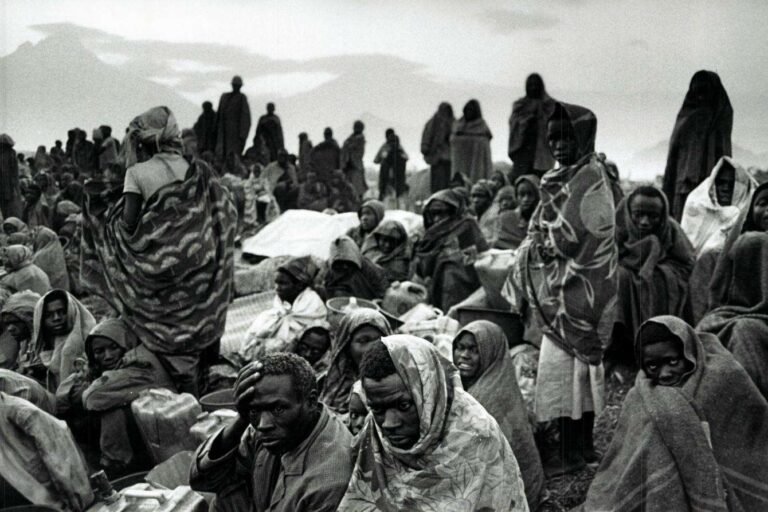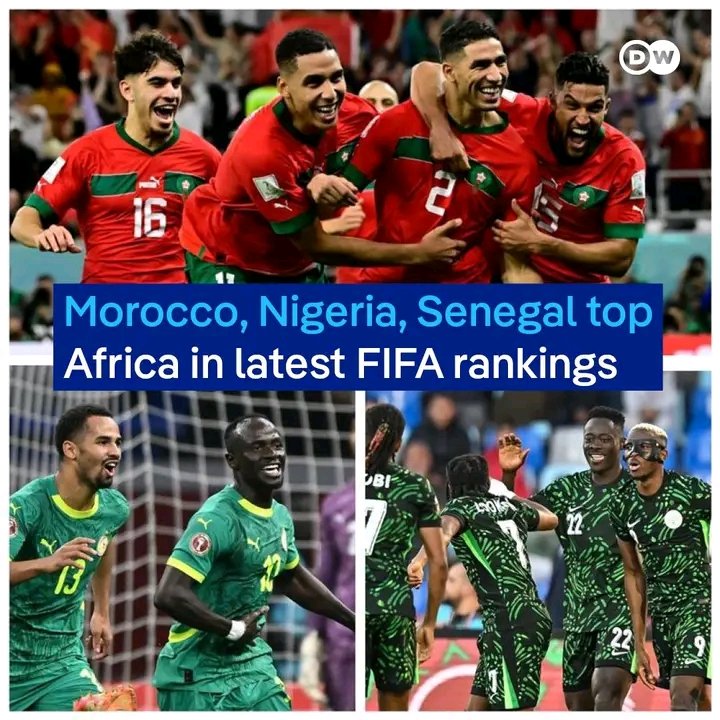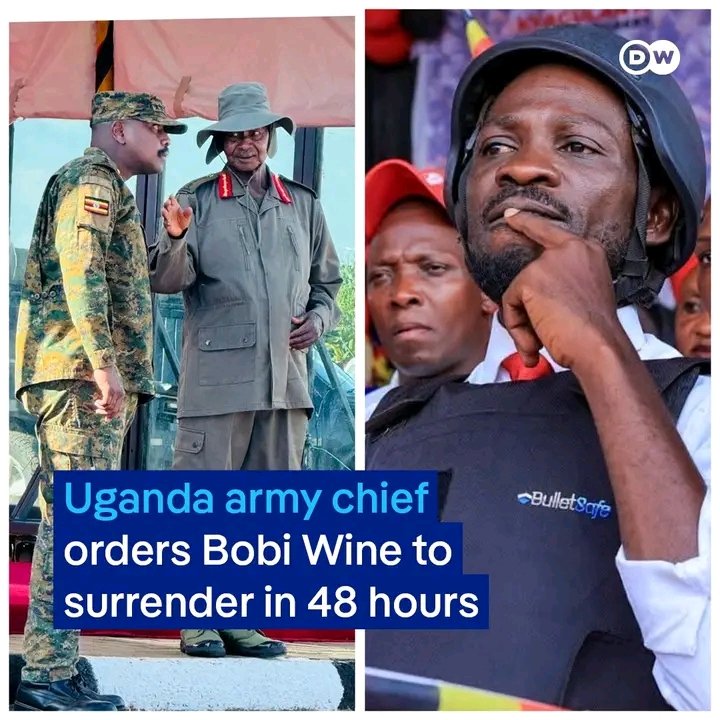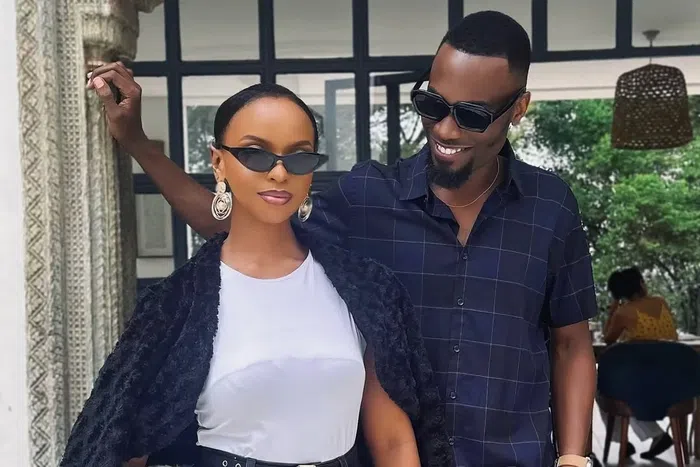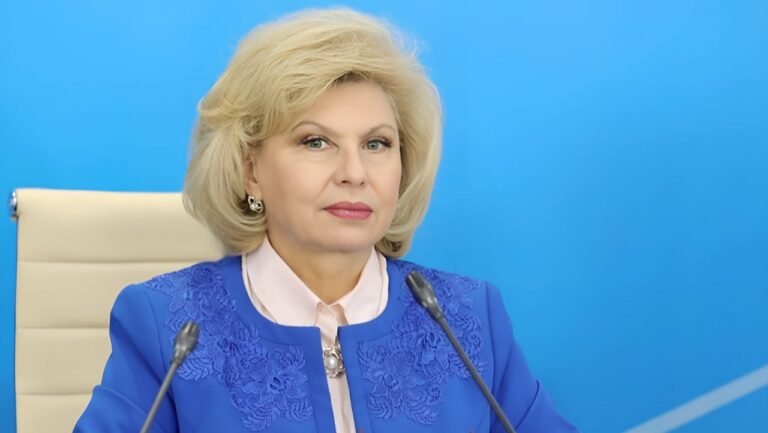
KAMPALA – Long before a recent Wall Street Journal profile ignited international debate about his future, Uganda’s General Muhoozi Kainerugaba was selected by students and faculty at Harvard University to address a prestigious global forum, TheBriefPost can exclusively reveal.
In 2015, while still a Brigadier in the Uganda People’s Defence Forces (UPDF), Muhoozi was voted to speak at the esteemed John F. Kennedy Jr. Forum at Harvard Kennedy School. He topped a poll organized by the African Students Association, beating out a shortlist of continental heavyweights that included Nigerian economist and African Development Bank chief Akinwumi Adesina, billionaire philanthropist Mo Ibrahim, Zimbabwean telecoms mogul Strive Masiyiwa, and Kenya’s former chief justice Willy Mutunga.
The nomination was led by Morrison Rwakakamba, a Ugandan pursuing graduate studies at Harvard at the time. Working with fellow student Andy Agaba Christian, Rwakakamba prepared a brief highlighting Muhoozi’s military career, his role in regional security operations, and his perspectives on Africa’s positioning amid globalization and climate change.
“Yes, it’s true. Gen Muhoozi Kainerugaba was even then involved in geopolitical actions to pacify Eastern and Central Africa, and was quietly an emerging consequential leader,” Rwakakamba confirmed. “We were convinced his voice would help shape Africa’s positioning on the global stage. I was happy students and faculty had a favorable view of Gen. Muhoozi.”
Despite the selection, the Senior Presidential Advisor on Special Operations did not ultimately appear at the event. His schedule conflicted with a special military assignment linked to Uganda’s regional security cooperation and counter-insurgency efforts.
The John F. Kennedy Jr. Forum is regarded as one of the world’s premier arenas for political and policy debate, known for its unscripted sessions where speakers face candid questions from the audience. Past African leaders to have spoken include Rwanda’s President Paul Kagame and Tanzania’s former President Jakaya Kikwete.
This revelation of past international academic recognition comes on the heels of a Wall Street Journal article titled “He Jokes About Trump and Invading Kenya—and May Be Uganda’s Next President.” The piece painted a controversial picture of Muhoozi’s online persona and his potential political ambitions ahead of Uganda’s 2026 general elections.
The resurfacing of the 2015 Harvard vote underscores the competing narratives surrounding Muhoozi. Supporters point to it as evidence of his long-standing reputation in policy circles as a significant voice on African security and development. Critics, however, remain focused on his unconventional and outspoken use of social media.
As Uganda moves toward a crucial election cycle, this episode highlights the complex figure at the center of the nation’s ongoing political conversation.



